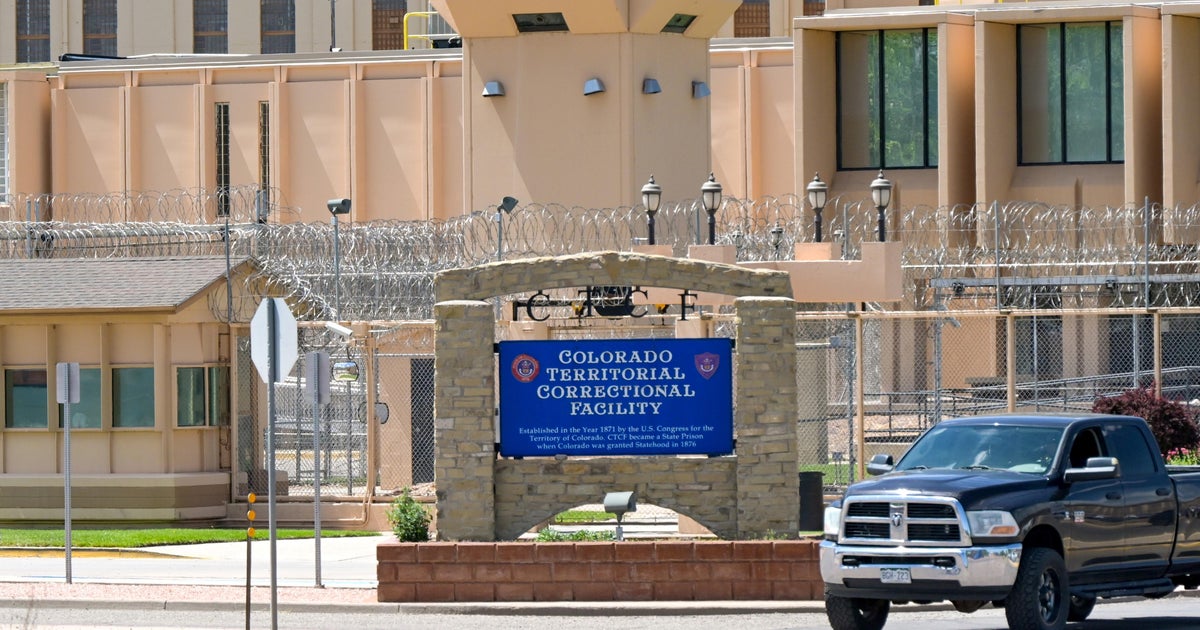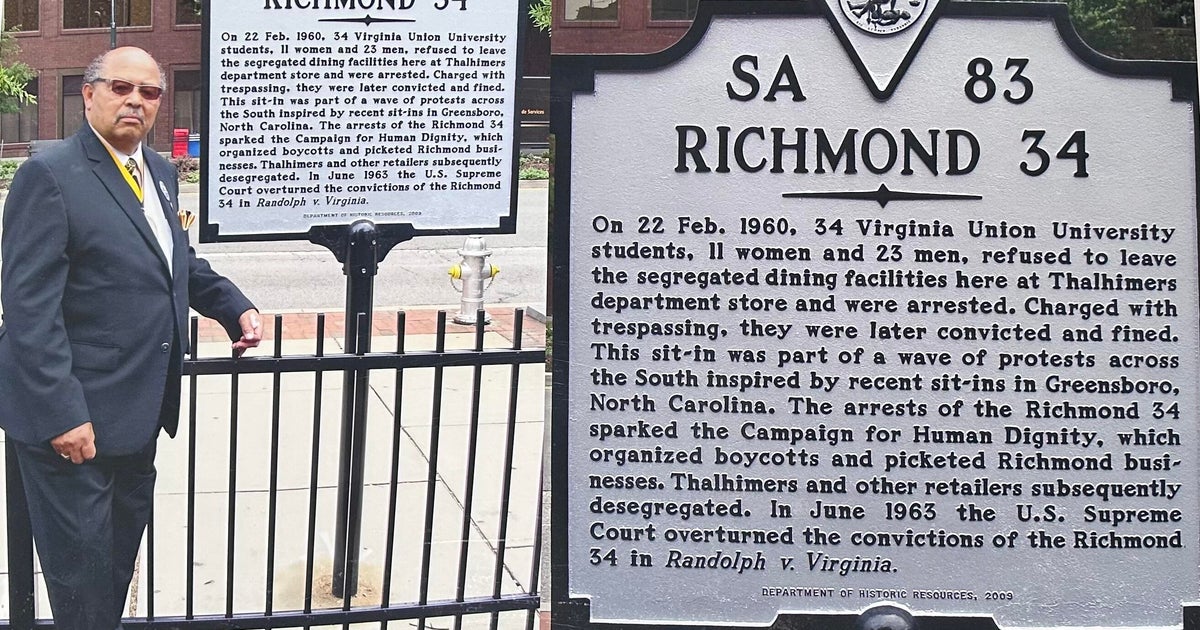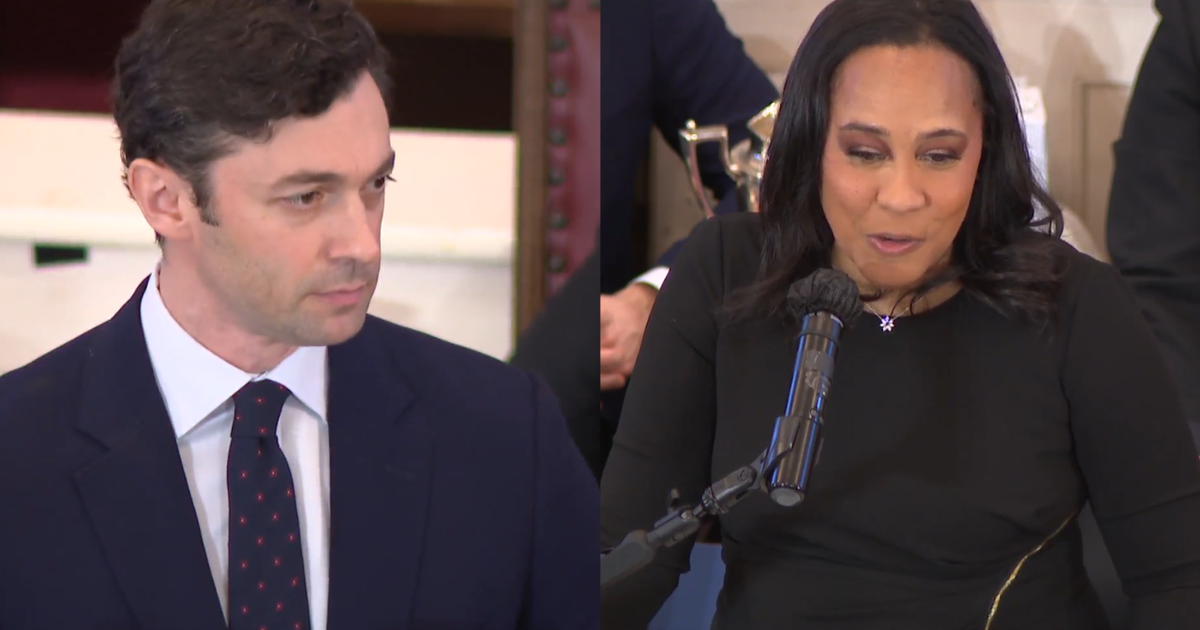Judge Rules Panhandling Law Violates Constitution
GRAND RAPIDS (AP) - A state law banning panhandling in public places violates First Amendment protections for free speech and the 14th Amendment's equal protection clause, a federal judge in Michigan has ruled.
The opinion in a civil suit brought by two Grand Rapids men arrested in 2011 for begging was issued Friday by U.S. District Judge Robert Jonker.
James Speet and Ernest Sims were represented by the American Civil Liberties Union. Speet was arrested for holding up signs seeking "work or help." Sims pleaded guilty to panhandling after asking for spare change.
Speet is homeless. Both men receive food stamps, and Sims also receives $260 per month in state disability insurance.
Grand Rapids enforced the panhandling ban 399 times between Jan. 1, 2008, and May 24, 2011, the ACLU said.
That will change with Friday's opinion.
"Pending future developments in this case, Grand Rapids police will not be enforcing this state law," said Catherine Mish, Grand Rapids' city attorney.
It's also too early to tell whether an appeal will be filed, she added.
"We would have to analyze the case, discuss it with the city commission and the (state) attorney general's office," Mish said. "The AG's office really is the main moving force in the defense in the case because it's a state law. The city of Grand Rapids, we do not have an ordinance on the books in terms of beggars and panhandlers."
The ACLU does support, however, a newly passed law in Detroit which is meant to prevent panhandlers from becoming aggressive toward passersby. Read more, here.
TM and © Copyright 2012 CBS Radio Inc. and its relevant subsidiaries. CBS RADIO and EYE Logo TM and Copyright 2012 CBS Broadcasting Inc. Used under license. All Rights Reserved. This material may not be published, broadcast, rewritten or redistributed. The Associated Press contributed to this report.







